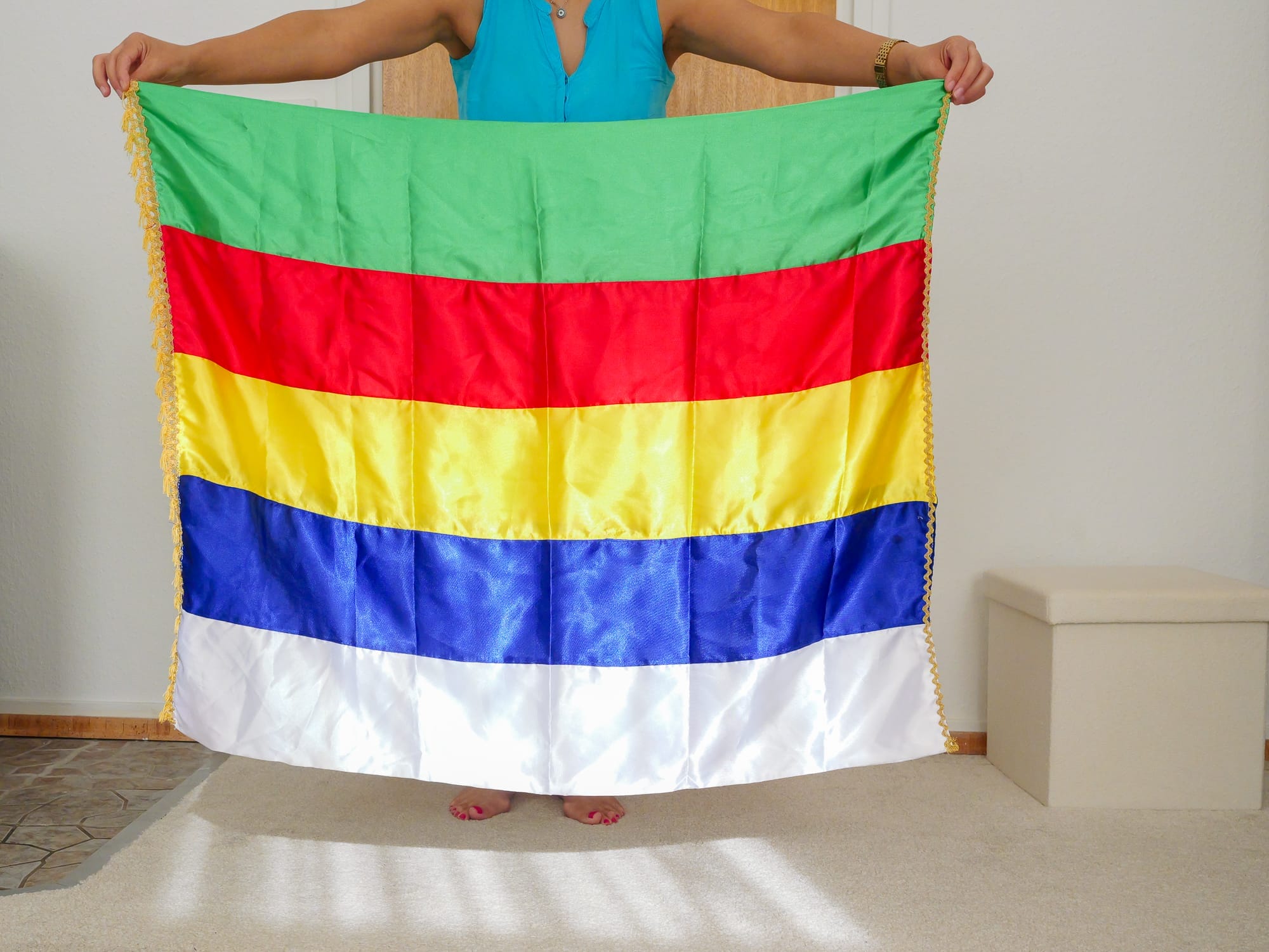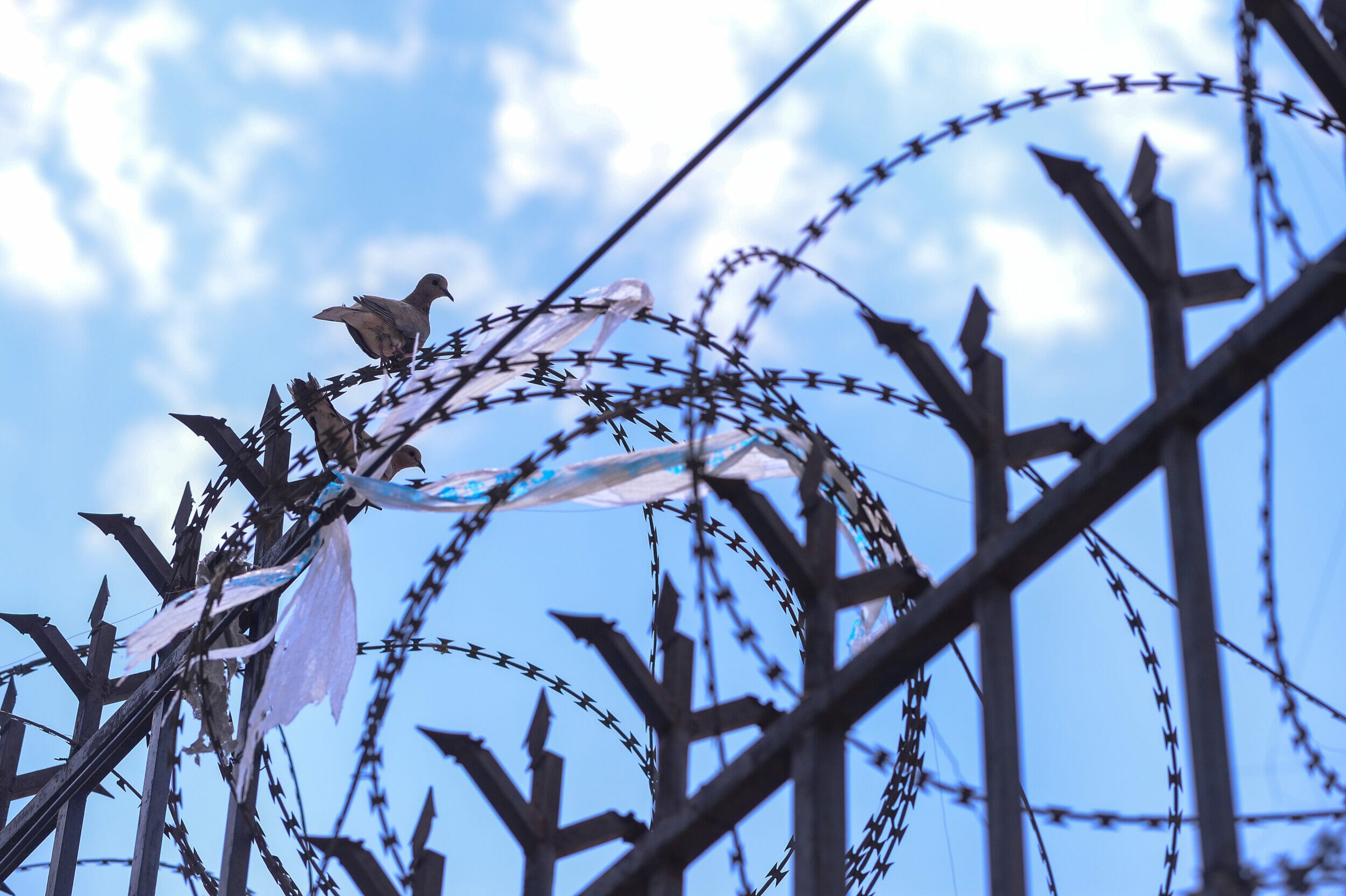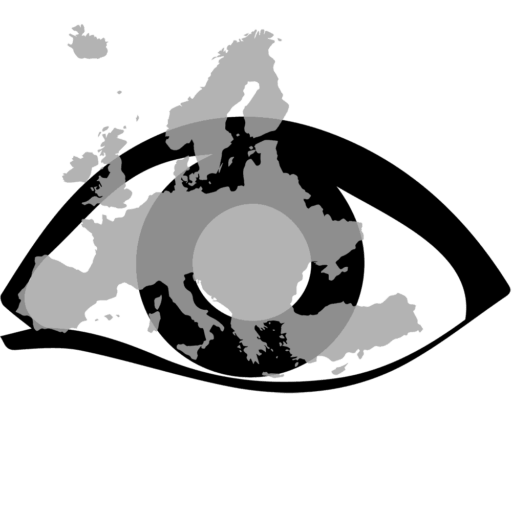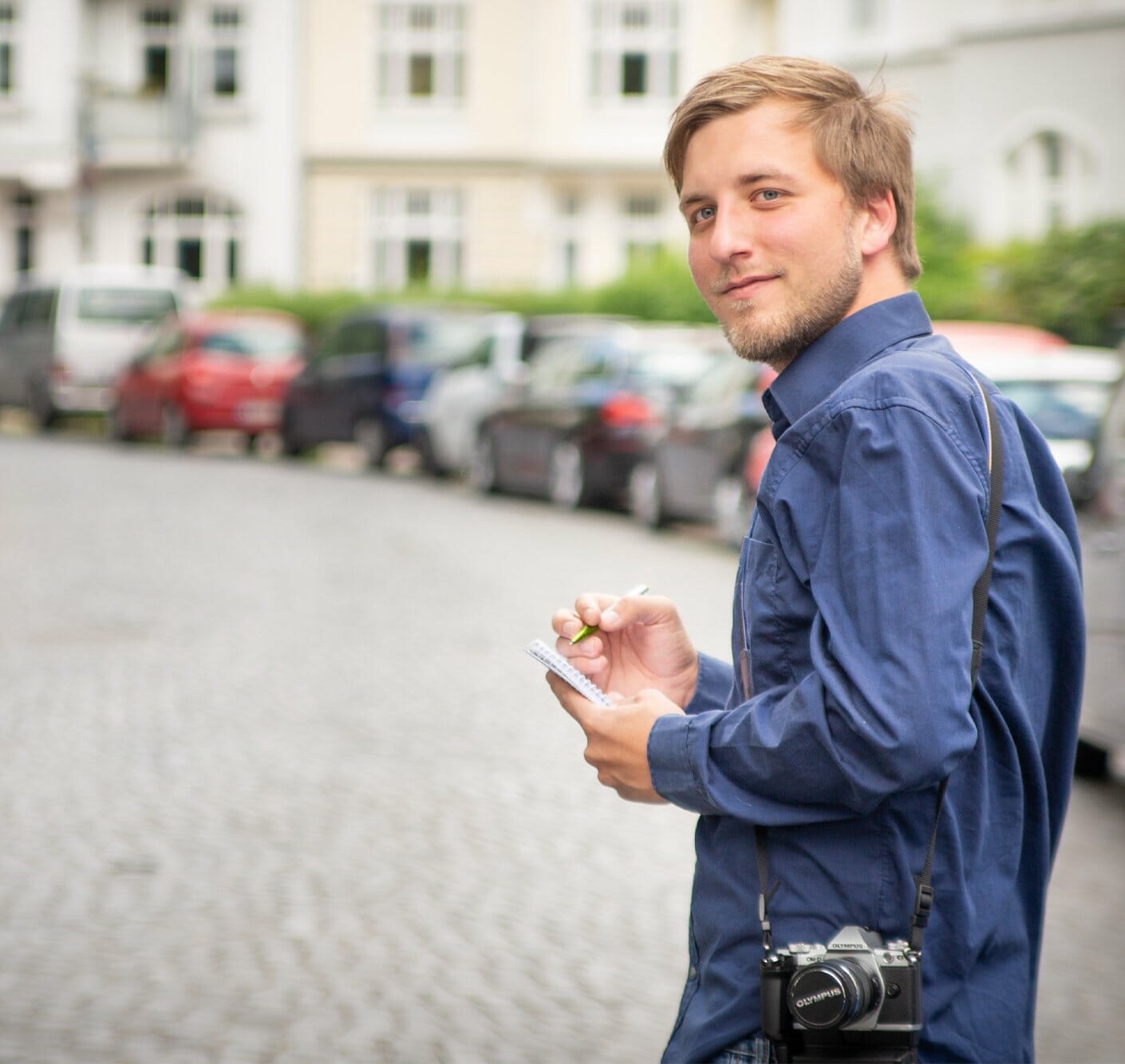“They rule with fear”: HDP Mardin on the situation in Turkey
Perihan Ağaoğlu knows her shadows. As soon as the co-provincial chairwoman of the HDP in Mardin leaves the party headquarters after the conversation, a group of men in suits crowds through her and her party colleagues despite the open street. This time they only pass by – but Ağaoğlu has already been arrested in “anti-terror operations”. During the subsequent visit to the restaurant, she repeatedly points out the unwanted companions; with some of them, she has now stored selfies on her smartphone. She says her concerns are about the safety of the interview team.
The democratic feeling is destroyed
After about an hour of the interview, the politician then also asks to get to the end soon. She fears that if the group stays in the party’s offices for so long in the evening, this could arouse suspicion and the safety of the interviewing team will be compromised. A feeling of discomfort hovers over the conversation. Nevertheless, Ağaoğlu and her colleagues talk openly about what moves them. “We would have wished you to have been here back in 2015,” she also criticized the German press representatives right at the beginning. Cizre, Diyarbakır-Sur, Nusaybin, Mardin… in the areas inhabited mainly by Kurds, the government has destroyed any democratic feeling with the attacks, she says. Meanwhile, the press, especially foreign press, could hardly be seen. The question of when German politicians or any EU delegation was last on site is followed by only perplexed glances.

The worst fighting between the military and various police organs on the one hand, and supporters of the Kurdish – either Workers’ Party or terrorist organization depending on the view – PKK and the so-called People’s Defense Units YPG may now have ended. Life in the region is still shaped by it. Bullet holes in the houses, demolished quarters replaced by luxurious new buildings, checkpoints at all entrance roads, observation towers every few hundred meters along the country roads. Ağaoğlu says:
Bullet holes on a house wall.
The Turkish state has occupied the Kurdish regions.
An observation tower of the Korucu (“village protectors”).
However, this war began before 2015 with the Arab Spring from 2010. The conflict between the Turkish state and the Kurdish people, however, dates back to the founding of the state in 1923; after the ottoman empire had disintegrated and the Kurdish regions were assigned to Turkey, Iran, Iraq and Syria, where each then became an ethnic minority. In 2013, a peace process had begun under the leadership of the HDP, but it failed and ended with the first urban struggles of this kind from 2015. It was also the year in which the HDP achieved considerable electoral success in the Kurdish regions, recorded the largest increases in votes in Turkey in June (7.4%) and entered parliament as the fourth strongest force with 13.1 percent.
Salih Kuday: Elected and deposed

Salih Kuday was elected co-mayor of Kiziltepe for the HDP 2019 together with Nilüfer Elik Yılmaz (70.20%). He has not been allowed to practice his profession as a teacher since 2016, he says. After the failed coup attempt and the subsequent purges, he was removed from the service. However, he was unable to fill his new mandate. “I was replaced by a trustee. I was kicked out,” he says. Trustees (Turkish: Kayyum) are appointed by the government, for example because of unsubstantiated allegations of corruption. More than 90 of the 102 elected HDP mayors replaced them with obedient representatives after the 2016 elections. “They rule with fear,” Kuday says about the government, recalling, “More than 100,000 people have lost their jobs.” A consequence of said purges. “Thousands of politicians have been arrested,” adds Ağaoğlu, and the trustee’s first official act was to ban women’s organizations and replace women’s departments with men. Investigations and reports by the European Committee for the Prevention of Torture and Inhuman or Degrading Treatment or Punishment (CPT) have not changed this.
Kurds only wanted a place where they could live with their language and culture, she stresses. They did not demand their own nation-state, the HDP representatives emphasize. You speak of a democratic confederalism, a local self-government. This is how the PKK leader Abdullah Öcalan, imprisoned for terrorism, once formulated it in 2005 after he had moved away from the idea of a nation state. “Without the freedom of the Kurds, there can be no democracy in the Middle East,” emphasizes the co-provincial chairwoman.

Little attention from the international community
However, they hardly feel supported by the international community in their cause. Visits by European politicians usually aim at the capital Ankara. “This is also a reason why the news do not reach the world,” says Ağaoğlu. Even within Turkey, they are often concealed by the state’s influence on the media. “We know that Turkey buys weapons from European countries, especially Germany,” Kuday notes. It is precisely these weapons that would also be used against the Kurdish minority in Turkey. That is why Germany and the other countries that supply weapons share responsibility for violence, torture and murder in the country.
Vorgeschlagene Beiträge

as-Suwaida under siege: “We can’t survive here”

On laws made of paper: Kurtuluş Baştimar represents Anas al Mustafa

Ineffective confirmation of admission promises: lawyers in the dock
[mc4wp_form id=239488]



Leave a Reply
You must be logged in to post a comment.